NDI’s Chris Fomunyoh is once again joined by Ambassador Johnnie Carson as they discuss the steps that can be taken to strengthen democracy. They continue their conversation with their thoughts on the key challenges and opportunities facing Africa this year.
Strengthening Citizen Security through better communication (w/ Chris Fomunyoh)
Africa: A 2020 Look Ahead (w/ Chris Fomunyoh and Johnnie Carson)
Chris Fomunyoh, Senior associate and regional director for Central Western Africa at NDI is joined by Ambassador Johnnie Carson, a proud member of the Board of Directors of NDI with a 37-year career in the US foreign service focused on Africa. 2020 looks like it’ll be an exciting year for Africa with emerging opportunities for some countries to consolidate their democracies, but what backsliding could undermine recent gains in democratic governance?
How do you build inclusion amongst youth? (w/ Lauren van Metre)
What are the challenges of democracy and governance work and how you build inclusion, especially amongst youth? DemWorks is back at the US Institute of Peace to continue the discussion on the role of governance in the prevention of violence and to fight violent extremism. NDI’s Lauren van Metre is once again joined at the US Institute of Peace by activists Emna Jeblaoui (Tunisia), Jacob Bul Bior (South Sudan), Samson Itodo (Nigeria) and Aluel Atem (South Sudan).
How can we advance democracy and peace? (w/ Lauren van Metre)
In the latest episode of DemWorks, NDI’s Lauren van Metre is joined at the US Institute of Peace by global activists Emna Jeblaoui (Tunisia), Jacob Bul Bior (South Sudan), Samson Itodo (Nigeria) and Aluel Atem (South Sudan). They discuss new thinking about mobilizing good governance and the challenge violent extremism poses to democracy
How will 2019 fit into the story of Tunisia's democratic development?
Tunisians go to the polls on Sunday for the second democratic presidential election in the country’s modern history. What will they be thinking about as they cast their ballots? Jobs? Human rights? Pollution? How will these and other priorities reshape the political landscape in the months and years to come, as the country navigates the choppy waters of economic stagnation and more stringent popular demands for elected leaders to deliver? And how do those leaders—from the president all the way down—actually realize the promises they make during election season?
The answers to these questions are relevant not just to the people of Tunisia—the birthplace of the Arab Spring—but for small-‘d’ democrats across the region who look to the country for hope and guidance. In the newest episode of the DemWorks podcast, Leo Spaans, our country director in Tunisia, and Les Campbell, NDI regional director for the Middle East and North Africa, try to provide some answers.
In An Election Year, Africa’s Largest Democracy Confronts Disinformation Head On
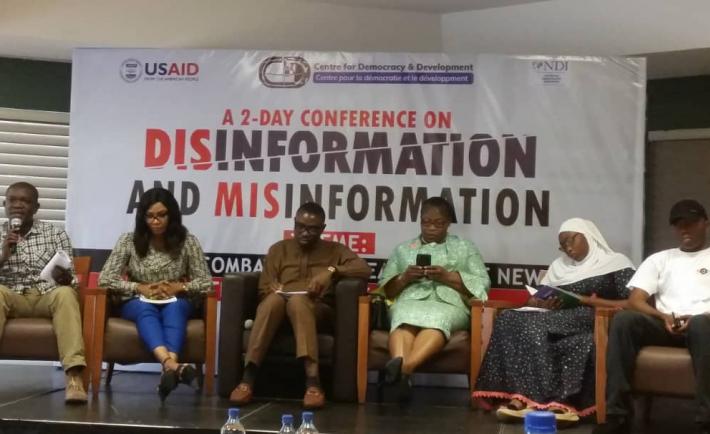
The findings of the "Sorting Fact From Fiction" report were presented at the two-day “Conference on Combating Disinformation and Misinformation” in Abuja
In February 2019, Nigeria went to the polls to elect its President, Vice President, House of Representatives and the Senate facing an exponentially growing volume of news and online information about the election and various campaigns, particularly of President Muhammadu Buhari and his challenger, Atiku Abubakar. Supported by USAID’s Electoral Empowerment for Civil Society Program, NDI worked with local partners in Nigeria at the Center for Democracy and Development to outline what happened online during the election and identify solution driven responses through fact checking, media literacy and research into the online environment.
On the Ground, Breaking New Ground: NDI and IWPR Fight Fake News in Malawi
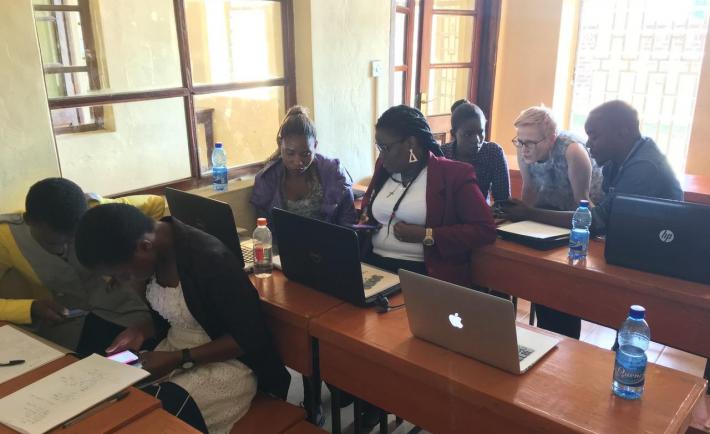
Malawian journalists at the Malawi Institute of Journalism combating disinformation during the Malawi elections.
The 2019 Presidential elections in Malawi were anticipated to be the closest elections in history for the country, and therefore, there was heightened interest, especially internationally. When an image of Tweet claiming to be from the President of the United States expressing his political preference for a particular Malawian presidential candidate was circulating, I knew the information environment was rapidly changing in Malawi. It was deep into campaign season in the southeastern African country of Malawi and a disturbing new trend emerged: digital disinformation. The constant, relentless false news stories were being spread via social media and across platforms like WhatsApp at an alarming rate. Though false news stories meant to deceive the electorate can be common around elections, especially around the electoral process and candidates, the excessive rate at which it was spreading in Malawi caught us all by surprise.
NDI Malawi Team Provides Support to Historic Presidential Debates
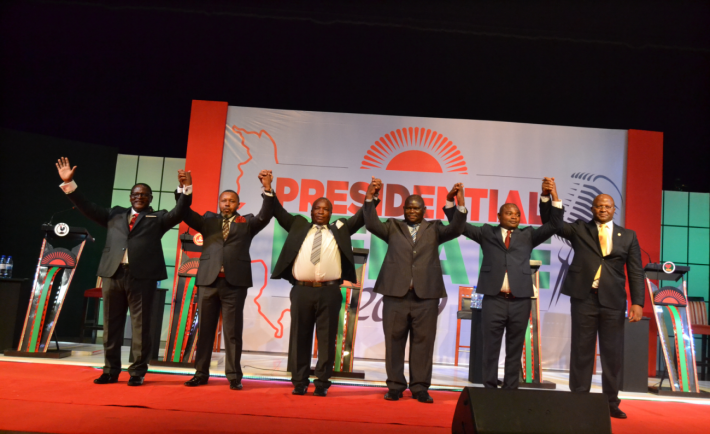
Six of eight candidates running for President in Malawi participated in the third presidential debate organized by the Presidential Debates Taskforce. NDI Malawi supported all three debates, which were live streamed on Facebook. (l-r) Lazarus Chakwera, Malawi Congress Party; Saulos Chilima, UTM; John Chisi, Umodzi Party; Reverent Kaliya, Independent; Peter Kuwani, Mbakuwaku Movement for Development; and Atupele Muluzi, United Democratic Front.
During the Malawi 2019 presidential campaign season, NDI played a key role in assembling a broad taskforce to organize, produce and broadcast a series of debates with presidential aspirants. This was only the second time since multi-party elections were first held in 1994 that candidates for Malawi’s highest office gathered on stage before a live studio and broadcast audience.
Bicycles, Mangoes and Democracy
When we arrived in Jinja, a row of bicycles for rent were neatly lined up outside the partner organization’s office. We met inside, amidst bicycles in various states of repair, leaflets and posters on cycling and a stretcher designed to be hitched to bicycles. This all seemed a little incongruous, given a conversation about vote buying and selling. Eventually, I had to ask about the relationship between bicycles and vote buying.
Guinea-Bissau: Perspectives on the challenges of democracy and youth participation
One country, two decades of democracy, eight elections and eight presidents: Welcome to Guinea-Bissau and the challenges young people face for the affirmation of democracy.

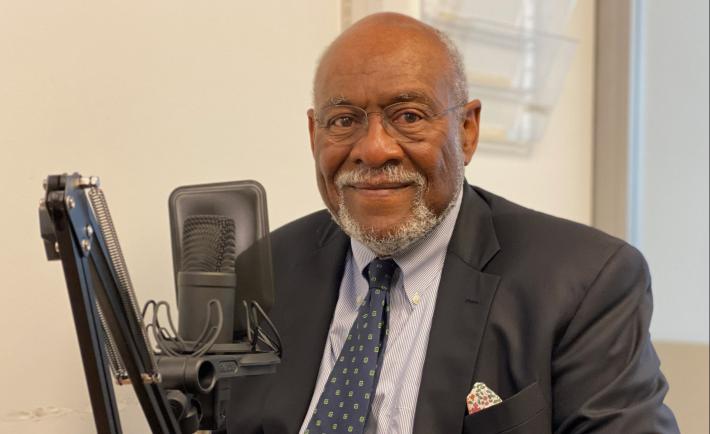
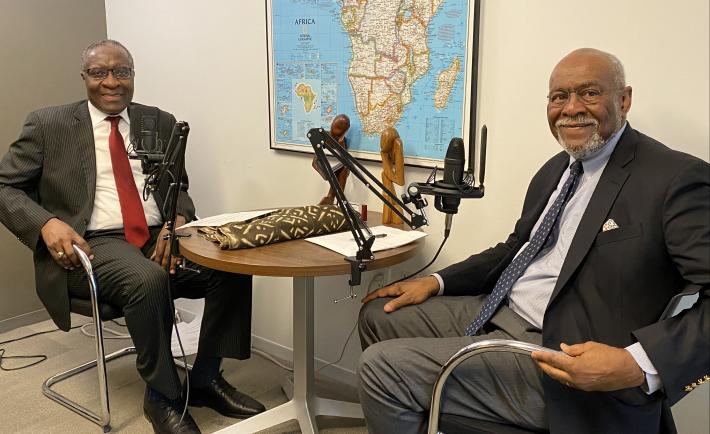

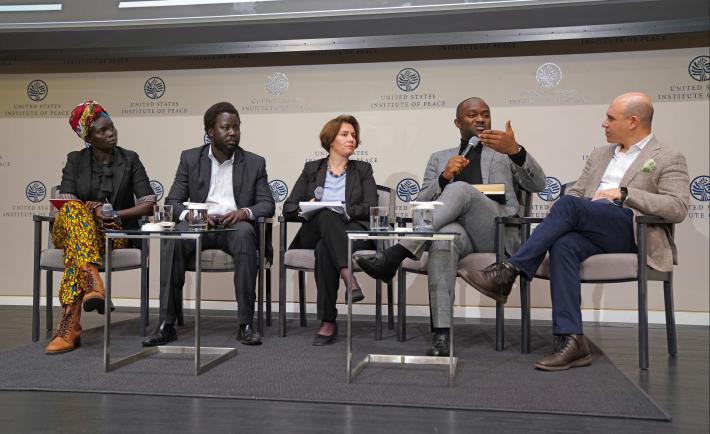
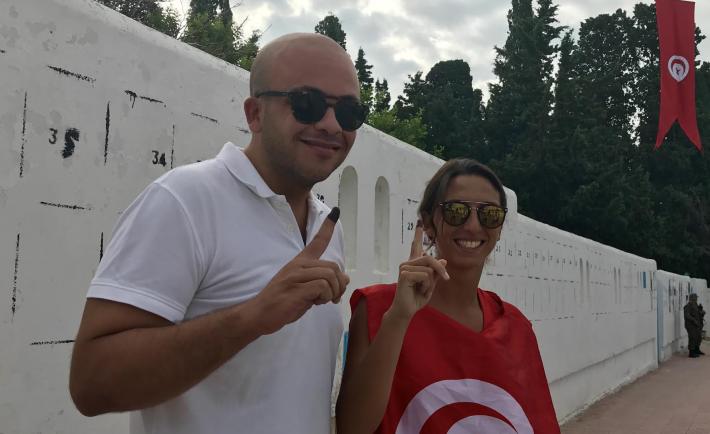
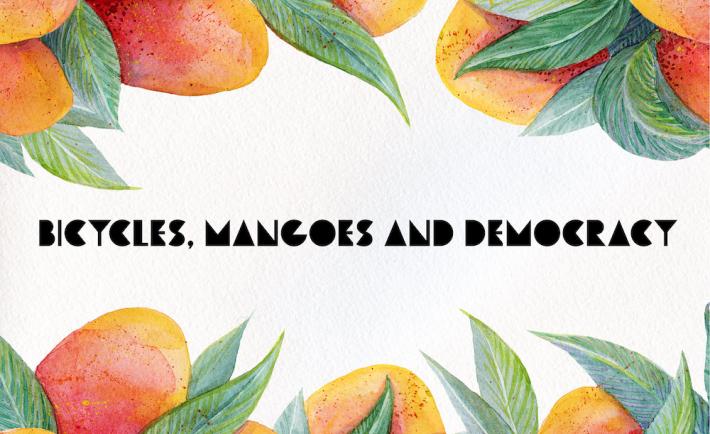
_1_0.jpg)